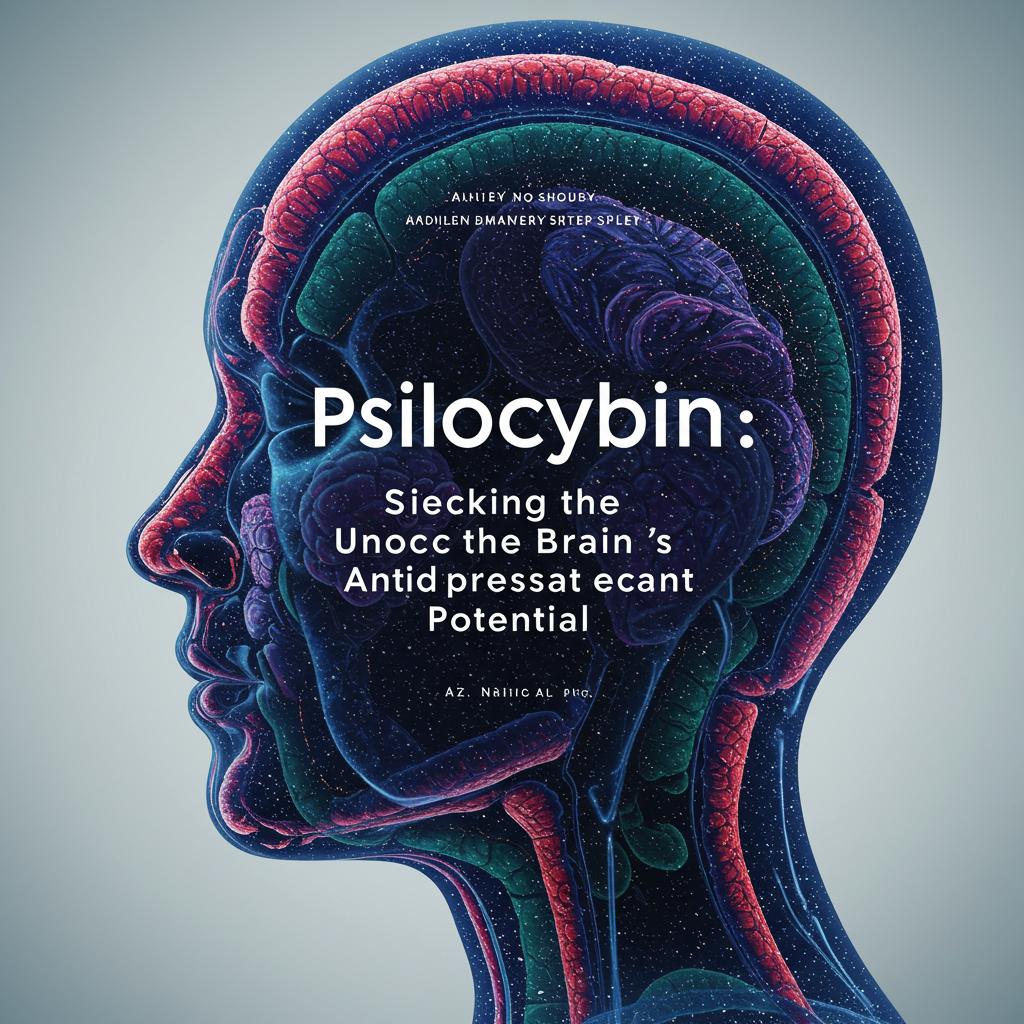
Feeling down? Traditional antidepressants not cutting it? You’re not alone. Many people experience depression that resists standard treatments, leading to a search for new, faster-acting solutions. That’s where exciting research on psilocybin comes into play. While not a magic bullet, psilocybin is showing real promise in the fight against depression.
So, what exactly is psilocybin? It’s a natural compound found in certain types of mushrooms, often called “magic mushrooms.” Now, before you picture vibrant hallucinations, it’s important to understand that psilocybin is being studied in carefully controlled settings with trained professionals. It’s not about “tripping out,” but about harnessing its unique abilities to potentially reset and rebalance the brain.
Here’s the breakdown of what we know so far:
- Rapid Action: Unlike traditional antidepressants, which can take weeks or even months to work, psilocybin has shown potential for much faster relief. This is a game-changer for those struggling with severe depression.
- Targeting Serotonin: Psilocybin interacts with serotonin receptors in the brain, particularly the 5-HT2A receptor. Serotonin is a key neurotransmitter involved in mood regulation, and psilocybin’s influence on these receptors is thought to be central to its antidepressant effects. Think of it like turning up the volume on the brain’s mood-regulating system.
- Beyond Serotonin: While serotonin is a key player, psilocybin also affects other brain systems, including those involving dopamine and glutamate. These complex interactions contribute to the overall impact on mood and brain function.
- Rewiring the Brain: Research suggests that psilocybin can actually help to rewire the brain, influencing areas like the default mode network (DMN) and the amygdala. The DMN is active when we are focused inward, and overactivity in this area is linked to rumination and negative self-thought, common in depression. The amygdala plays a significant role in processing emotions, particularly fear and anxiety. Psilocybin’s ability to modify these areas could offer long-lasting relief from depressive symptoms.
- Not a Standalone Solution: It’s crucial to understand that psilocybin therapy isn’t just about taking a pill. It typically involves therapy sessions before, during, and after the psilocybin experience. These sessions help individuals prepare for the experience, process what comes up during the session, and integrate the insights gained into their daily lives.
While the research is still ongoing, the results so far are incredibly encouraging. Psilocybin offers a potential new pathway for treating depression, especially for those who haven’t found success with traditional methods. It’s a fascinating area of research, and we’re only just beginning to understand its full potential. As studies continue and more data emerges, we’ll gain a clearer picture of how psilocybin can be used safely and effectively to help those struggling with depression find lasting relief.
